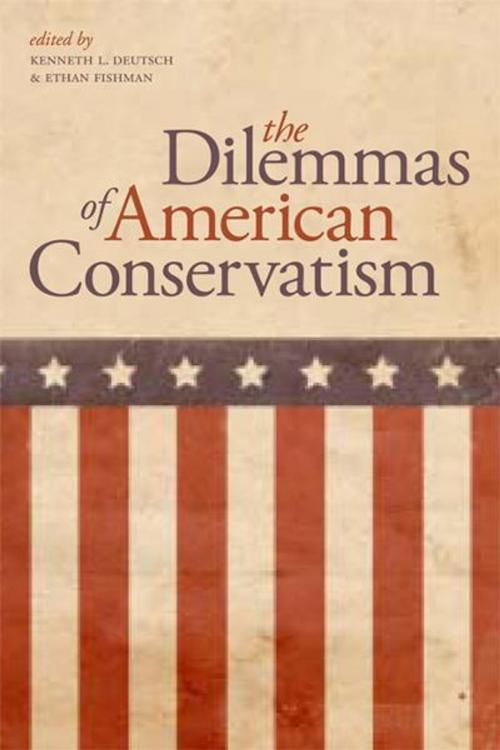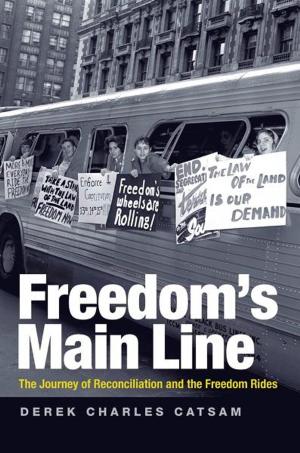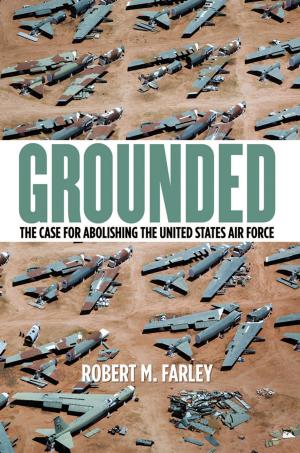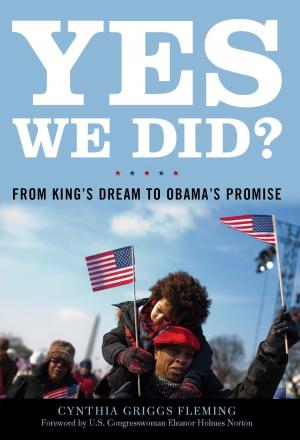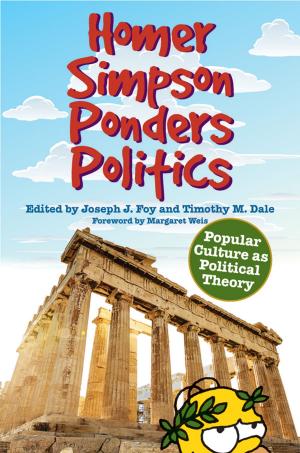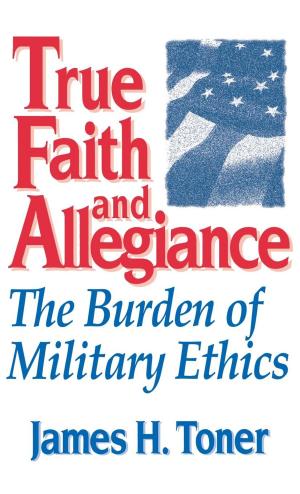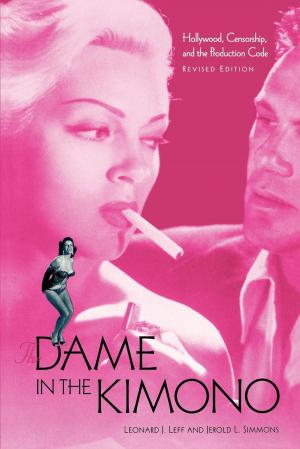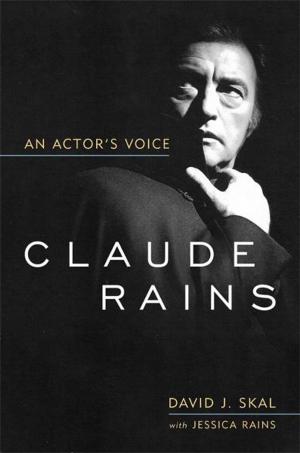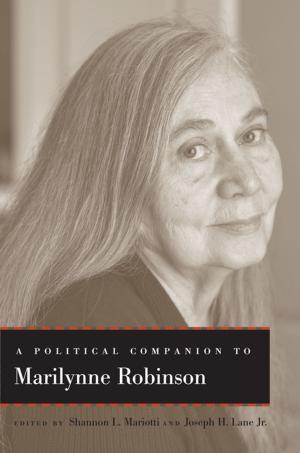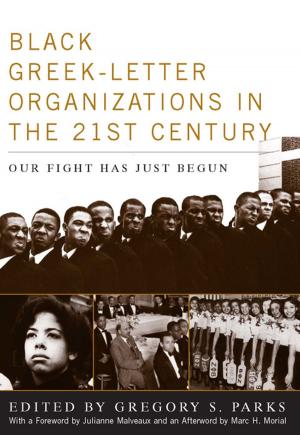The Dilemmas of American Conservatism
Nonfiction, Social & Cultural Studies, Political Science, Government, Democracy| Author: | ISBN: | 9780813139623 | |
| Publisher: | The University Press of Kentucky | Publication: | September 29, 2010 |
| Imprint: | The University Press of Kentucky | Language: | English |
| Author: | |
| ISBN: | 9780813139623 |
| Publisher: | The University Press of Kentucky |
| Publication: | September 29, 2010 |
| Imprint: | The University Press of Kentucky |
| Language: | English |
In the second half of the twentieth century, American conservatism emerged from the shadow of New Deal liberalism and developed into a movement exerting considerable influence on the formulation and execution of public policy in the United States. During that period, the political philosophers who provided the intellectual foundations for the American conservative movement were John H. Hallowell, Eric Voegelin, Leo Strauss, Richard Weaver, Russell Kirk, Robert Nisbet, John Courtney Murray, Friedrich Hayek, and Willmoore Kendall.
By offering a comprehensive analysis of their thoughts and beliefs, The Dilemmas of American Conservatism both illuminates the American conservative imagination and reveals its most serious contradictions. The contributing authors question whether a core set of conservative principles can be determined based on the frequently diverging perspectives of these key philosophers.
In the second half of the twentieth century, American conservatism emerged from the shadow of New Deal liberalism and developed into a movement exerting considerable influence on the formulation and execution of public policy in the United States. During that period, the political philosophers who provided the intellectual foundations for the American conservative movement were John H. Hallowell, Eric Voegelin, Leo Strauss, Richard Weaver, Russell Kirk, Robert Nisbet, John Courtney Murray, Friedrich Hayek, and Willmoore Kendall.
By offering a comprehensive analysis of their thoughts and beliefs, The Dilemmas of American Conservatism both illuminates the American conservative imagination and reveals its most serious contradictions. The contributing authors question whether a core set of conservative principles can be determined based on the frequently diverging perspectives of these key philosophers.
